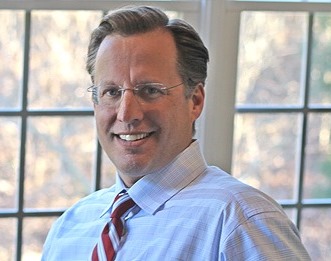March 13, 2015
March 05, 2015
Hernando de Soto: Property Rights, Not Just Capitalism
December 03, 2014
Where Does Your State Rank on Economic Freedom?
July 28, 2014
‘Culture Drives History, Societies, and Economic Life’
July 08, 2014
David Brat’s Religious Virtues
In a piece today for the NYT Magazine, economics reporter Binyamin Appelbaum examines David Brat’s fusion of faith and free-market economics. Appelbaum finds that mixture problematic, to say the least, but it’s hard to sort out whether it is the religious faith or the free-market sympathies that Appelbaum finds more troubling. Continue Reading...
June 26, 2014
The Moral Value of Economic Growth
June 13, 2014
David Brat on Christianity and Capitalism
May 14, 2014
Is Godzilla Good for the Economy?
April 22, 2014
How the Profit Motive Helps the Environment
April 21, 2014
